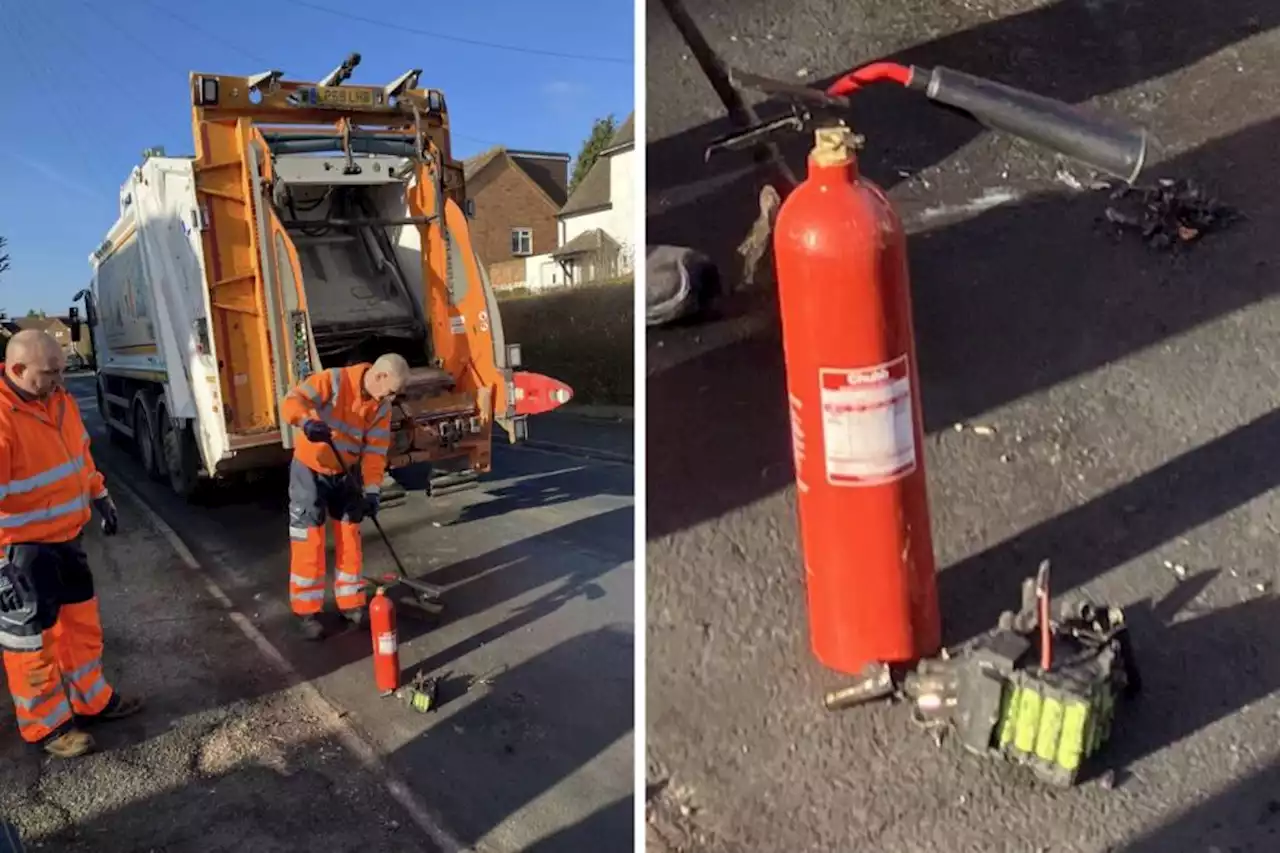Battery demand is expected to rise by approximately 30 percent, to 4,500 gigawatt-hours globally. A set of challenges including material and labor shortages and the long development and construction time for gigafactories could constrain battery output
will need to be retired and replaced between now and 2030. This not only presents the threat of major electrical waste – which required large amounts of raw materials, including lithium, nickel, and cobalt, to produce – but also demonstrates the never-ending demand for electric batteries. Despite a strong push from international organisations and governments worldwide to begin the shift to electric, some experts believe we are nowhere near ready to transition to widescale EV adoption.
This may seem an extreme view, but the U.S. purchases around 90 percent of its lithium from Argentina and Chile at present, producing just 1 percent of the world’s nickel and cobalt. Meanwhile, China refines around 60 percent of the world’s lithium and 80 percent of its cobalt. It also produces around, meaning many countries around the globe are relying on China for their EV production.
Much of this seems strange considering how much there has been publicised about breakthroughs in battery production, increased metals and minerals production, and innovative startups breaking onto the scene. Yet, many startups have beento gain attention and funding. Media outlets worldwide have been far too quick to draw attention to companies boasting about their ground-breaking battery technologies, with little understanding of the scale.
While other more-established companies are seeing greater success, no company can avoid the sectoral challenges completely. Rising material prices over the last few years have sent EV, in an already expensive and highly competitive industry. Lithium, nickel, and cobalt prices have all increased in recent years, as shortages have been seen, and core battery components have also been hard to source due to supply chain constraints.
The future of the electric battery remains uncertain. As governments encourage a rapid transition away from fossil fuel-powered vehicles to EVs, no one is quite sure whether the battery manufacturing industry can keep up with the demand. A range of challenges continues to threaten output, with huge investments required to develop the mining operations and gigafactories needed to support battery production around the globe.
Ireland Latest News, Ireland Headlines
Similar News:You can also read news stories similar to this one that we have collected from other news sources.
 Shell announces £68,100,000,000 annual profit due to soaring oil pricesBREAKING: Shell has announced that their profits increased by 53% to 84.3 billion dollars (£68.1 billion) in 2022.
Shell announces £68,100,000,000 annual profit due to soaring oil pricesBREAKING: Shell has announced that their profits increased by 53% to 84.3 billion dollars (£68.1 billion) in 2022.
Read more »
 Shell Posts Record 2022 Profit Fueled By Soaring Energy PricesThe earnings are the latest evidence of a blowout year for Big Oil, with Exxon Mobil Corp. also reporting a record annual profit in recent days
Shell Posts Record 2022 Profit Fueled By Soaring Energy PricesThe earnings are the latest evidence of a blowout year for Big Oil, with Exxon Mobil Corp. also reporting a record annual profit in recent days
Read more »
Britishvolt founder to bid for bankrupt battery start-up\n\t\t\tJournalists in 50+ countries follow the constant flow of money made and lost in oil & gas while\n\t\t\ttracking emerging trends and opportunities in the future of energy. Don’t miss our exclusive\n\t\t\tnewsletter, Energy Source.\n\t\t
Read more »
 'Brave' refuse driver stops truck 'going up in flames' after battery left in binA “brave” refuse worker in Rickmansworth leapt to action as a truck 'almost went up in flames' because of a binned battery.
'Brave' refuse driver stops truck 'going up in flames' after battery left in binA “brave” refuse worker in Rickmansworth leapt to action as a truck 'almost went up in flames' because of a binned battery.
Read more »
Beware the great battery industry fallacy\n\t\t\tLet our global subject matter experts broaden your perspective with timely insights and opinions you\n\t\t\tcan’t find anywhere else.\n\t\t
Read more »
Beware the great battery industry fallacy\n\t\t\tLet our global subject matter experts broaden your perspective with timely insights and opinions you\n\t\t\tcan’t find anywhere else.\n\t\t
Read more »
